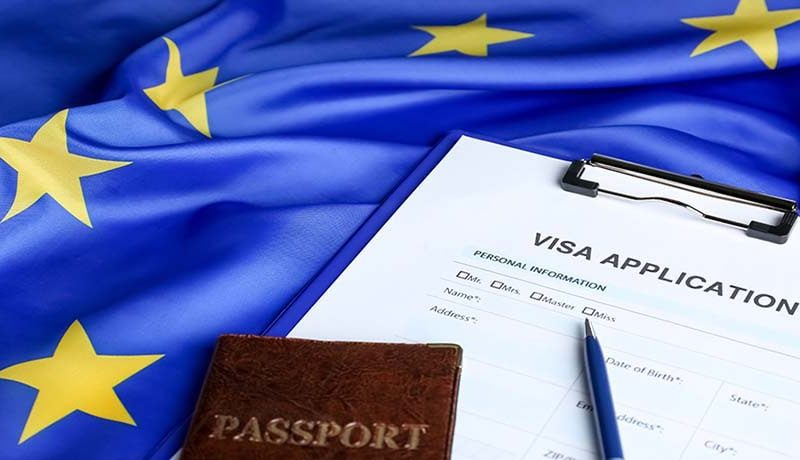The European Union has recently tightened its visa regulations for Ethiopian citizens, significantly impacting the application process and travel options for individuals from Ethiopia.
Formerly, Ethiopians could expect a relatively swift turnaround of 15 days for visa processing.
However, the Council of the European Union has decided to extend this waiting period substantially, now requiring applicants to wait for up to 45 days before receiving a decision on their visa applications.
This decision by the Council underscores a deliberate effort to streamline and standardize visa procedures across member countries, aiming to ensure that Ethiopian visa applicants fulfill the necessary criteria mandated by EU law.
Consequently, Ethiopians seeking visas must now adhere to stringent documentation requirements and meet the established standards to secure entry into European countries.
Additionally, the European Union has imposed limitations on the frequency of visa issuance, stipulating that member states cannot grant visas to Ethiopians for entry into European territories more than twice.
Moreover, diplomatic and service passport holders from Ethiopia are now subject to paying the standard visa fee when applying for visas, irrespective of their official status.
The rationale behind these visa restrictions lies in the European Union’s perception of insufficient cooperation from the Ethiopian government.
Specifically, the EU has voiced concerns over Ethiopia’s efforts to repatriate its citizens who are residing illegally within European borders, citing inadequate actions by the Ethiopian government in addressing this issue.
Notably, the EU’s decision to impose these visa restrictions comes amidst ongoing tensions regarding human rights violations and security challenges in Ethiopia, particularly in the Amhara and Oromia regions.
The European Union has consistently urged the Ethiopian government to address these concerns, calling for an end to human rights abuses, protection of civilians from violence, and the lifting of the state of emergency in the Amhara region, which has been criticized for violating citizens’ rights.
However, the European Union has not provided clarity on the timeline for the implementation of these new visa restrictions, leaving both Ethiopian citizens and authorities uncertain about the immediate implications.
In response to the EU’s actions, the Ethiopian government has yet to issue an official statement.
It’s worth noting that the European Union is a significant partner for Ethiopia, providing substantial financial and technical support, accounting for a significant portion of Ethiopia’s export destinations, and being a key source of foreign direct investment.
Furthermore, the EU has been actively involved in humanitarian efforts in Ethiopia, allocating funds to rehabilitate former combatants from conflicts in northern Ethiopia and provide assistance to millions of Ethiopians displaced by conflicts and climate-related crises.
